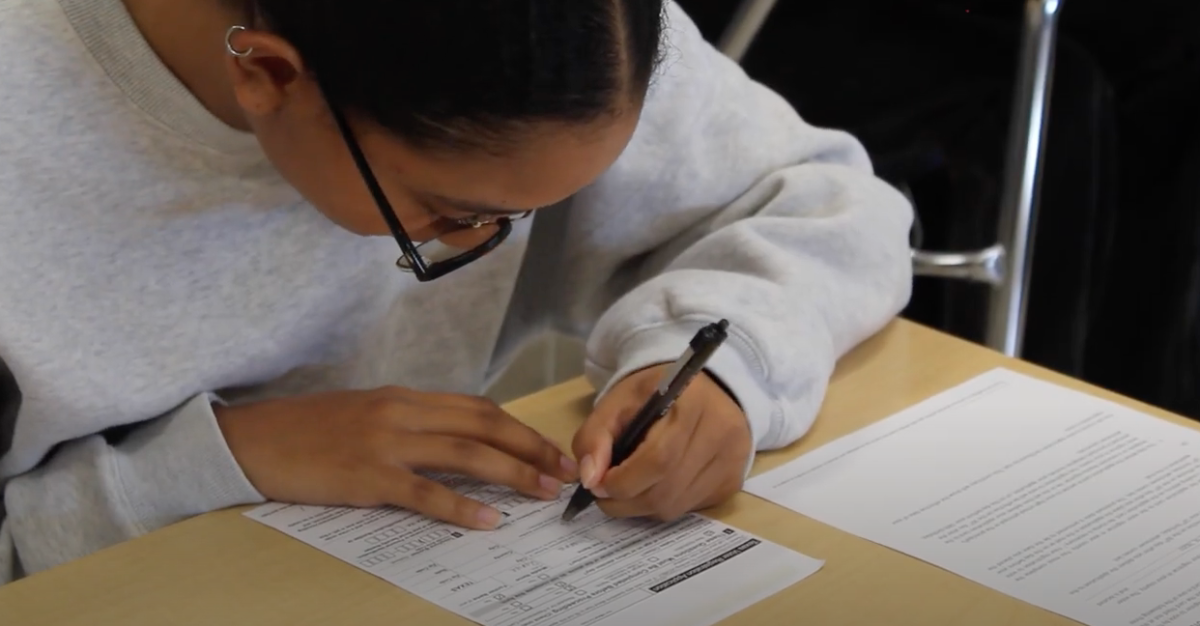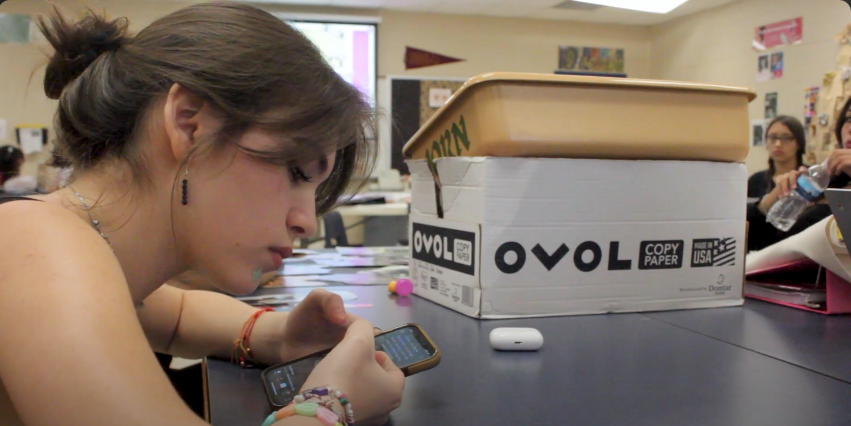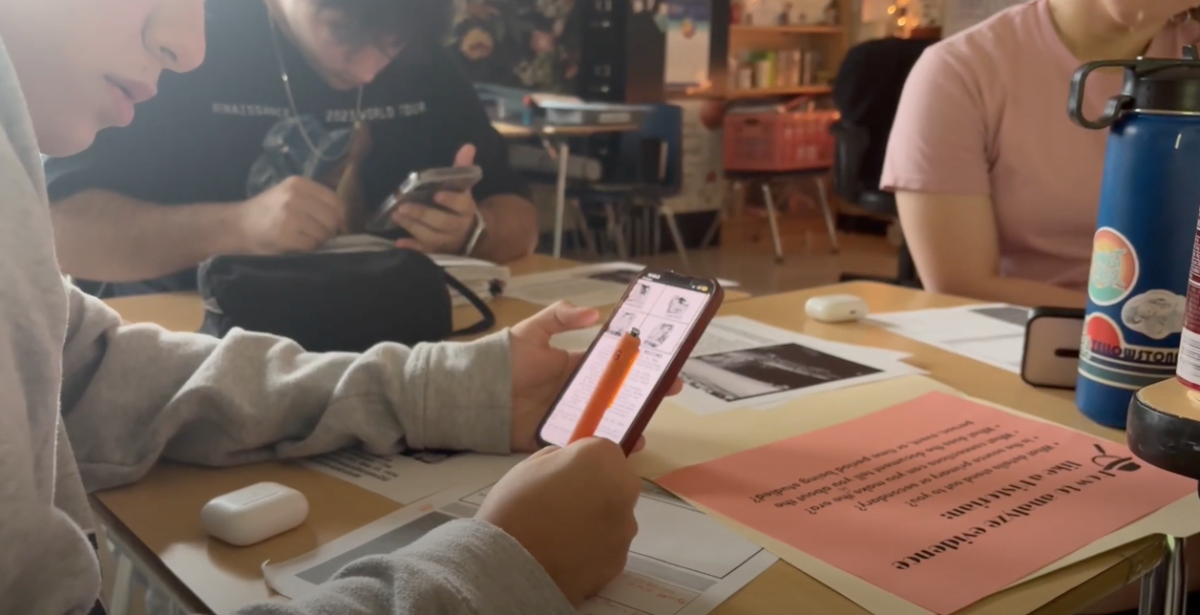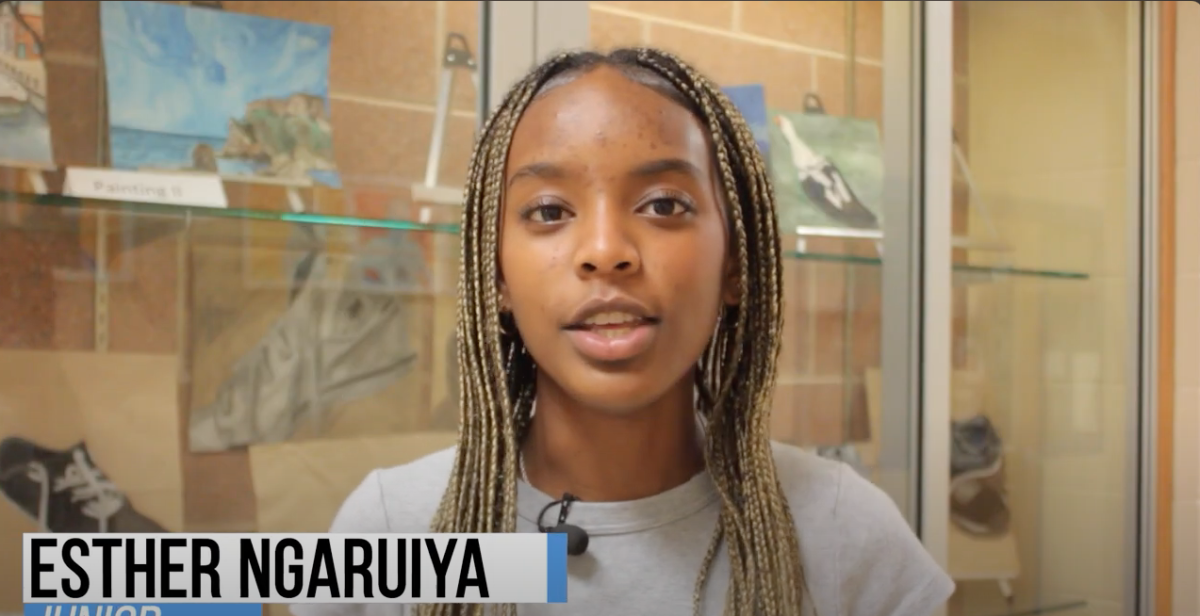By Mahek Khetani | Staff Writer
A guy walks into a bar. After a few drinks he leaves along with a pretty blonde. So they must have hooked up? But wait, isn’t she dating that rugged poet guy? Must be having an affair then. And also, why did she only order club soda? Whoa, she’s totally pregnant, isn’t she?
Pause. When did life become a telenovela? Scandals and gossip fuel us no doubt, but why are we so quick to believe anything we hear/read without checking the details?
“We’re more naive due to our desensitization to real world situations. Nowadays all the information we need is accessible from home. From this, there’s a lack of actual experience. We believe whatever is out there because we don’t know anything different beyond our own comfort zone,” said sophomore Lindsay Willson.
It’s as if we’ve become allergic to curiosity and immune to headlines. The general idea is more important than any contradicting details that may broaden our perspective. This could partly be because of things like the 140 character limit on Twitter. We give our attention to the ten word tweet from E! or CNN rather than clicking on the link to the full story.
“Before the introduction to social media and the internet, people had to actually go out into the world and experience it in order to learn anything. Now that information is easily accessible, there isn’t a need to experience, therefore the world is what we see through a computer/TV screen ,” Willson added.
Social media has been the catalyst to this level of naivety the world has. With it, we’re able to trick our peers into thinking we pulled through that 22 day vegan diet or benched pressed 150 pounds because of that sweaty gym selfie. (Seriously guys, that makes you look like such a tool.)
“Enhancing your life through white lies seems to empower people a bit. Because no matter how unique we try to be, we’re all aiming for the same goal, to impress others. Our egos really come to light in a competitive time period like this. So when we come across something a friend posted online, that may or may not be true, but makes them seem ‘cooler,’ we have to outshine them. And we do that through ranting about that indie band we act like we’ve known forever or talking about yoga as if we’ve mastered it but in reality, we can’t even touch our toes. It’s all just attitude functions,” said Psychology major Andreas Remi.
Who you are online has become your identifier. And being able to build your life behind a keyboard shouldn’t be inconvenient at all, but what happens when the caps lock key isn’t enough to slap sense into others.
“People are so naive it’s crazy. This one guy was trying to show me up online, acting really vigorous, trying to make people believe he was a tough guy, but when we were finally face to face, he just ran. But of course thanks to the constant posts online from him and his friends, no one believed me when I said he chickened out in person. And what’s sad is that it’s literally that easy to be victimized by one ridiculous post,” said sophomore Thomas Burchfield.
It’s similar to History class when we learned about the crazy forms of propaganda that were used to persuade civilians into doing what the Government wanted them to? And remember how ¾ of the class scoffed that anyone could actually give into that? Well, looks like the 21st century isn’t as advanced as we thought.
“I think we’re easily influenced because of the pressure in any form of media, like commercials/tv shows, can have on people, girls in particular. They see the flawless photoshopped girls on tv and they think it’s the only way to be ‘popular’ and guys see these super toned model like men who always get the girls. By having these images out there kids are constantly changing their minds about what’s “cool” and how to dress/look/act cool, so any other decision they make they feel as though they need the acceptance of others to do so for people to have confidence,” said junior Megan O’Brien.
Forms of influence that O’Brien described have tricked people into thinking that we have to be what we see in the world, rather than the change we’re supposed to be.
“I think that all of us, when young, are somewhat insecure and unsure of ourselves and that leads us to be more open to the influence of others. That influence can be either good or bad, but can ultimately begin to shape us. An thing like propaganda appeals to the emotional part of a person’s brain as opposed to the logical part, a lot of people are swayed by this. That’s why celebrities are often used to sell products because advertisers are hoping that people will then later associate that product with someone they admire,” said AP psychology teacher Patricia Castellanos.
Using the same face as wash Katy Perry gets paid to promote somehow gives consumers all the reassurance they need in a product. However, this level of naivety is not seen in those less intelligent but those whose self esteem may be lacking. Those who are a bit more individual or ‘hipster’ as many would say, are the people who have the confidence without needing the media as a contribution.
“With confidence there’s no need to be influenced by others and I think that people have either no confidence at all, or they’re completely full of it to where it’s a bad thing. People are really competitive to be the best at something so if they are good it whatever it is they’ll flaunt it, and since people are so quick to see what they believe, all that matters is how you portray yourself. The result is in the hands of society,” O’Brien said.








